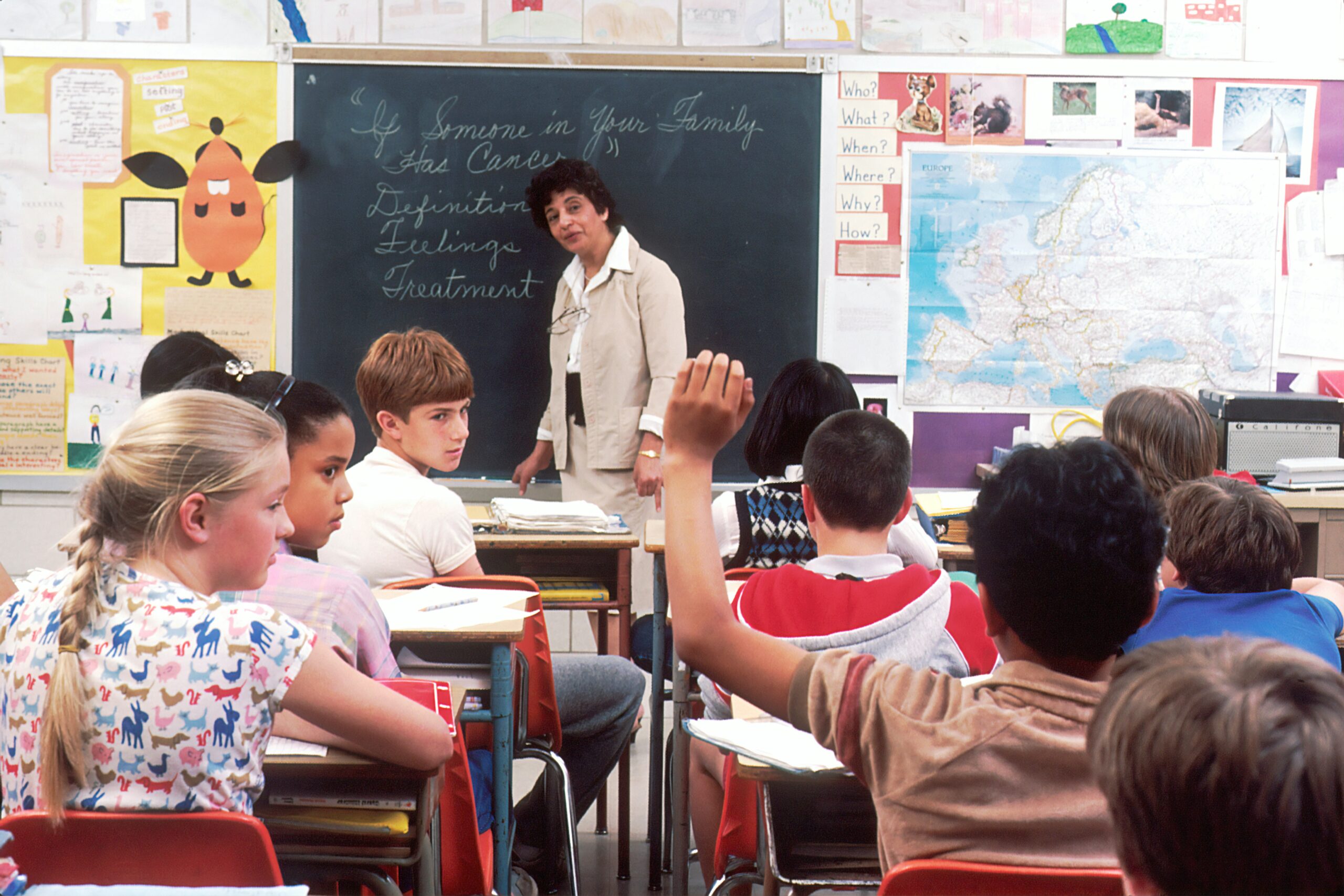Special education teachers play a vital role in the educational system, working with students who face unique challenges and require tailored instruction. To succeed in this demanding and rewarding profession, these educators must possess a broad set of skills that go beyond traditional teaching. Whether supporting students with learning disabilities, behavioral challenges, or physical impairments, certified special education teachers rely on specific abilities to make a meaningful impact.
This blog explores the top skills every special education teacher needs and how Educational Therapy Professionals can help schools connect with the right experts.
Why Skills Matter in Special Education
Unlike general education classrooms, special education requires a deeper understanding of individualized instruction and behavioral strategies. A teacher’s skills directly influence the success of their students, making ongoing professional development and self-awareness essential. The ability to adapt, collaborate, and communicate effectively ensures that students with disabilities receive the education they deserve.
1. Patience and Empathy
Special education teachers must exhibit patience and empathy to support students who learn and develop at their own pace. These qualities enable teachers to:
- Manage frustrations that may arise from repeated challenges.
- Build trust with students and their families.
- Foster a positive and inclusive classroom environment.
Why it Matters: Students with disabilities often face obstacles that require extra time and understanding. Patience ensures that teachers remain supportive and compassionate, even in high-pressure situations.
2. Strong Communication Skills
Effective communication is a cornerstone of special education. Teachers must communicate with multiple stakeholders, including students, parents, administrators, and other educators. Key aspects include:
- Simplified Instructions: Breaking down complex concepts into manageable steps.
- Active Listening: Understanding student needs through verbal and nonverbal cues.
- Collaboration: Coordinating with parents and professionals to develop and implement Individualized Education Plans (IEPs).
Why it Matters: Clear communication ensures that everyone involved in the student’s education is on the same page, creating a cohesive and effective support system.
3. Adaptability
Every student is unique, and what works for one may not work for another. Special education teachers need to adapt to:
- Diverse learning styles and paces.
- Behavioral and emotional changes in students.
- New technologies and teaching methods that support special education.
Why it Matters: Adaptability allows teachers to pivot when challenges arise, ensuring that every student’s needs are met effectively.
4. Organization and Time Management
Special education teachers often juggle multiple responsibilities, including managing IEPs, preparing lesson plans, and conducting assessments. To stay on top of their workload, teachers need:
- Detailed Record-Keeping: Tracking student progress and maintaining compliance with state and federal regulations.
- Efficient Scheduling: Balancing individualized instruction with group activities.
- Prioritization: Addressing the most critical needs while managing day-to-day tasks.
Why it Matters: Organizational skills help teachers maximize their time and resources, ensuring no student falls through the cracks.
5. Knowledge of Special Education Laws and Policies
Certified special education teachers must be well-versed in the legal and ethical aspects of their profession, including:
- Individuals with Disabilities Education Act (IDEA): Ensuring students receive a free and appropriate public education.
- IEP Compliance: Understanding how to develop, implement, and evaluate individualized plans.
- Accommodations and Modifications: Knowing when and how to apply them effectively.
Why it Matters: Adhering to legal requirements protects students’ rights and ensures schools maintain compliance with educational standards.
6. Problem-Solving Skills
Special education teachers face unique challenges daily. The ability to think critically and solve problems is essential for:
- Addressing behavioral issues.
- Modifying lesson plans to suit student needs.
- Finding creative solutions for resource limitations.
Why it Matters: Effective problem-solving ensures that students overcome obstacles and continue progressing academically and socially.
7. Collaboration and Teamwork
Special education is a team effort, requiring coordination among teachers, therapists, parents, and administrators. Key collaboration skills include:
- Sharing insights and strategies with colleagues.
- Participating in IEP meetings and multidisciplinary discussions.
- Building strong relationships with families to create a supportive home-school connection.
Why it Matters: Collaboration leads to more comprehensive and effective solutions for student success.
8. Emotional Resilience
Working with students who face significant challenges can be emotionally taxing. Special education teachers must build resilience to:
- Handle setbacks with professionalism and composure.
- Maintain a positive attitude in stressful situations.
- Prevent burnout through self-care and professional support.
Why it Matters: Emotional resilience allows teachers to provide consistent and effective support for their students.
How Educational Therapy Professionals Supports Schools
At Educational Therapy Professionals, we understand the importance of hiring skilled and certified special education teachers. Our services include:
- Staffing Solutions: Connecting schools with experienced professionals who are passionate about making a difference.
- Training and Development: Providing ongoing resources to help teachers enhance their skills.
- Custom Placements: Matching teachers to schools based on their unique needs and goals.
By partnering with Educational Therapy Professionals, schools can ensure their special education programs are staffed with dedicated experts who bring the skills needed to foster student success.
Conclusion
Special education teachers are the backbone of inclusive education, empowering students to overcome challenges and achieve their potential. By focusing on essential skills such as communication, adaptability, and collaboration, these educators create meaningful change in their classrooms and communities.
Schools that invest in skilled professionals through trusted partners like Educational Therapy Professionals can ensure that every student receives the support they need to thrive academically, socially, and emotionally.





